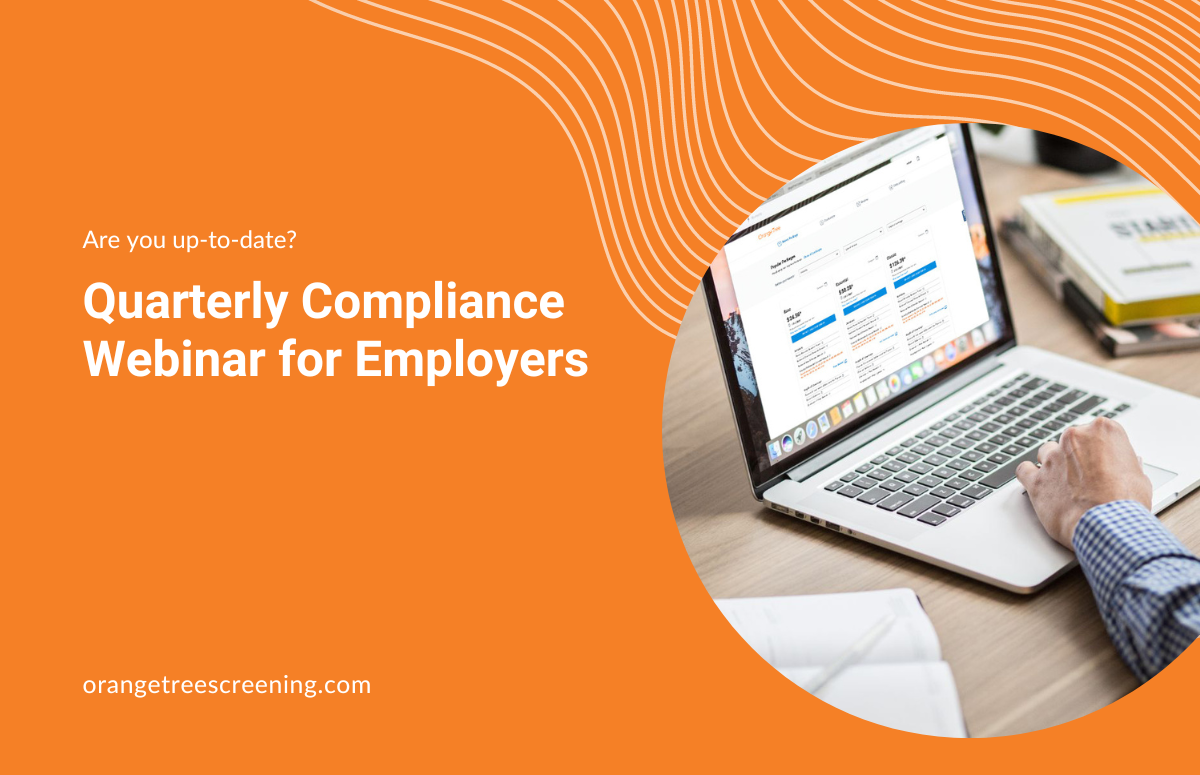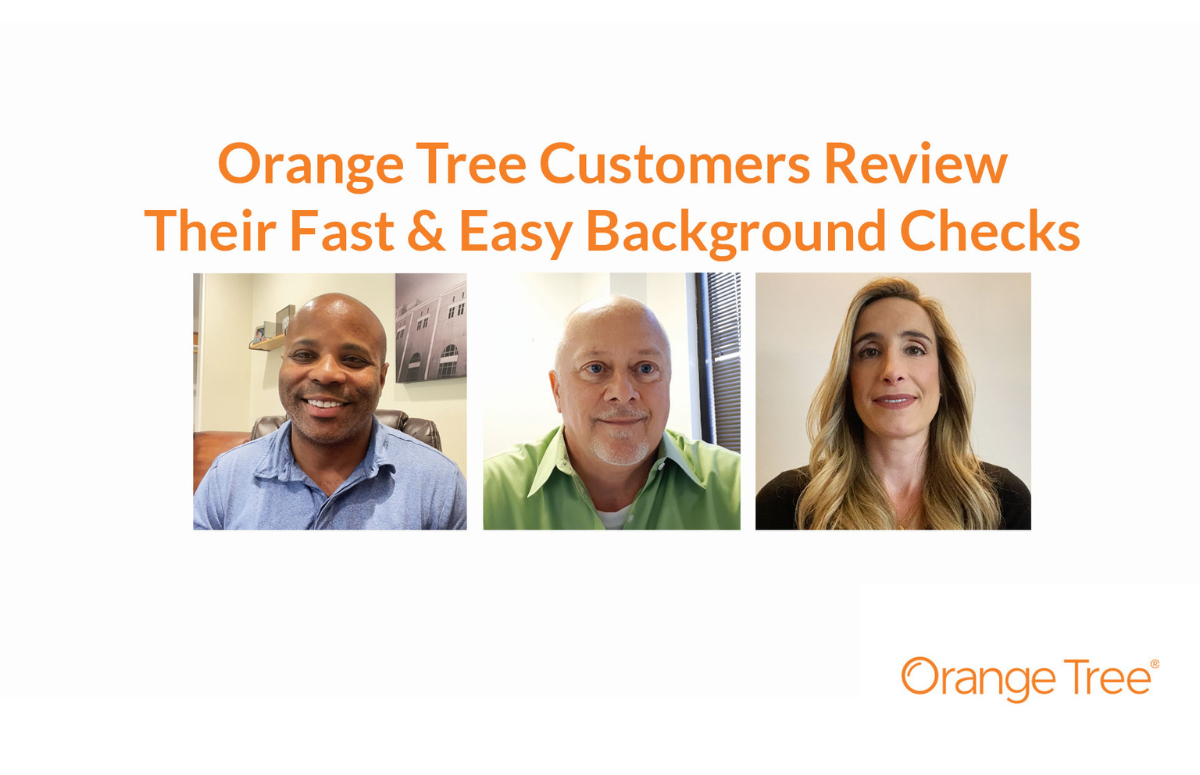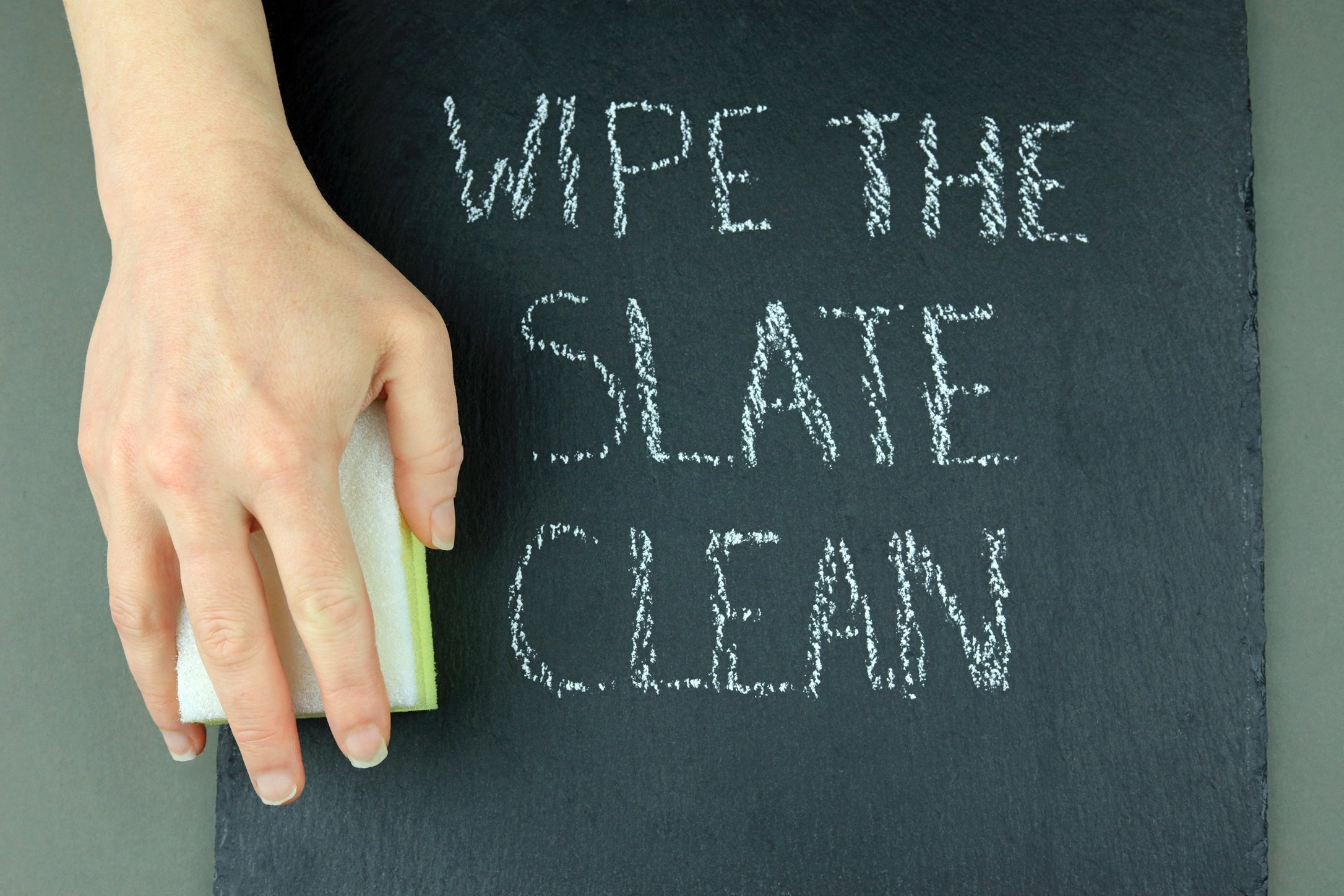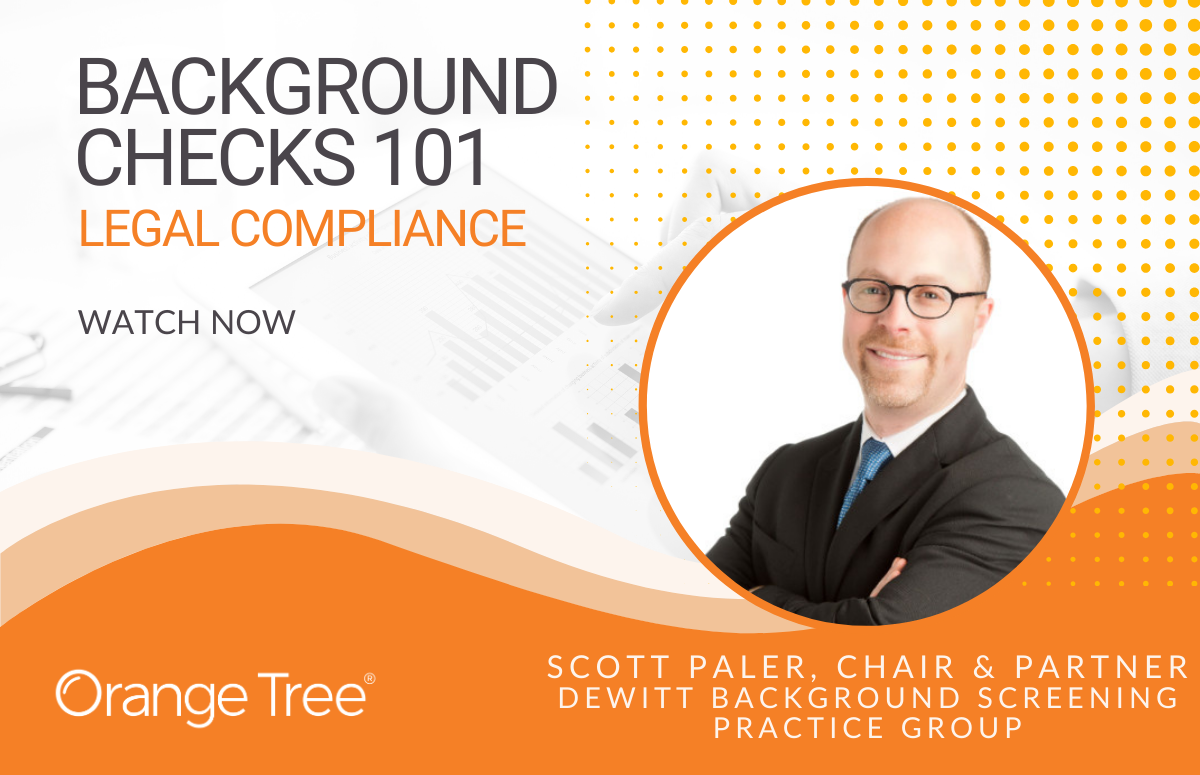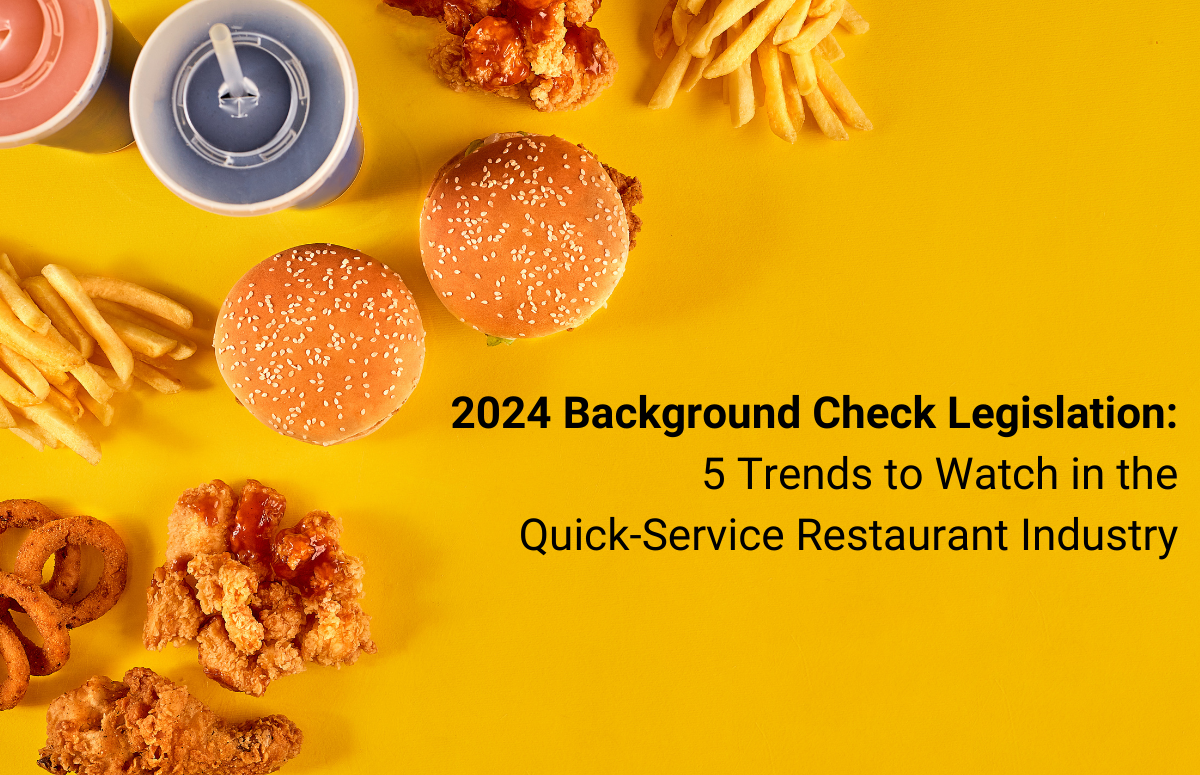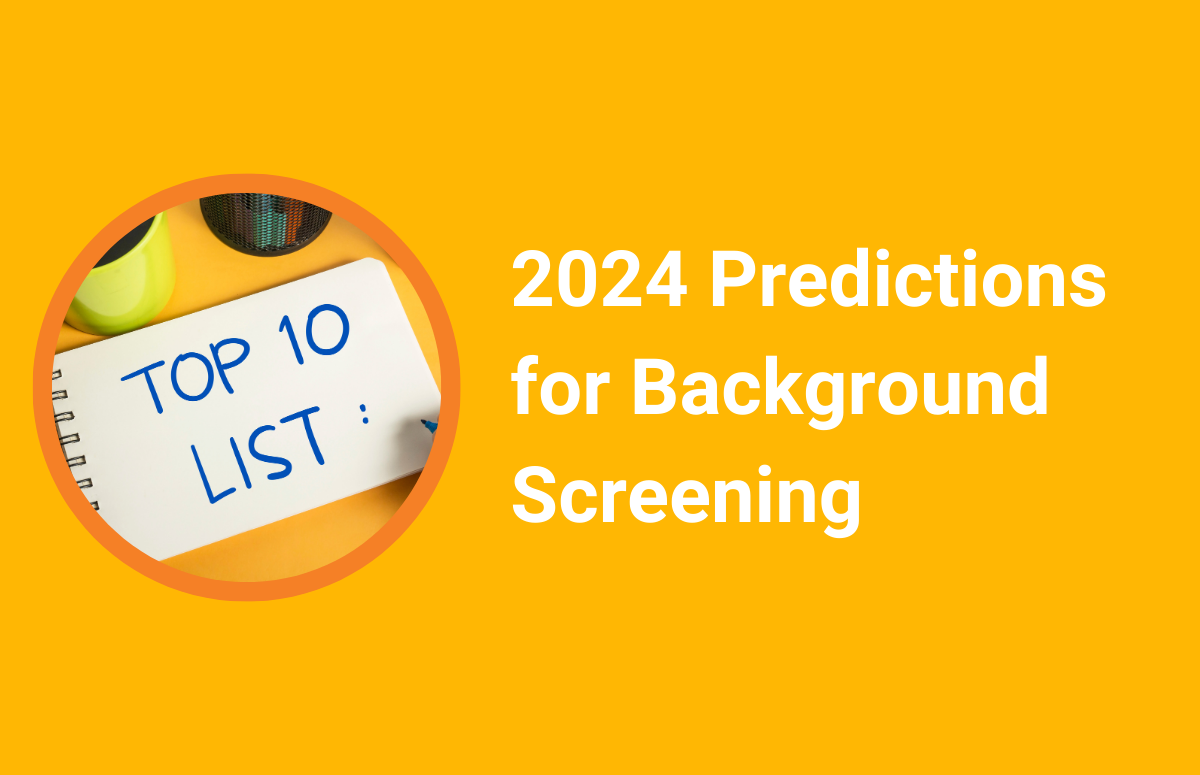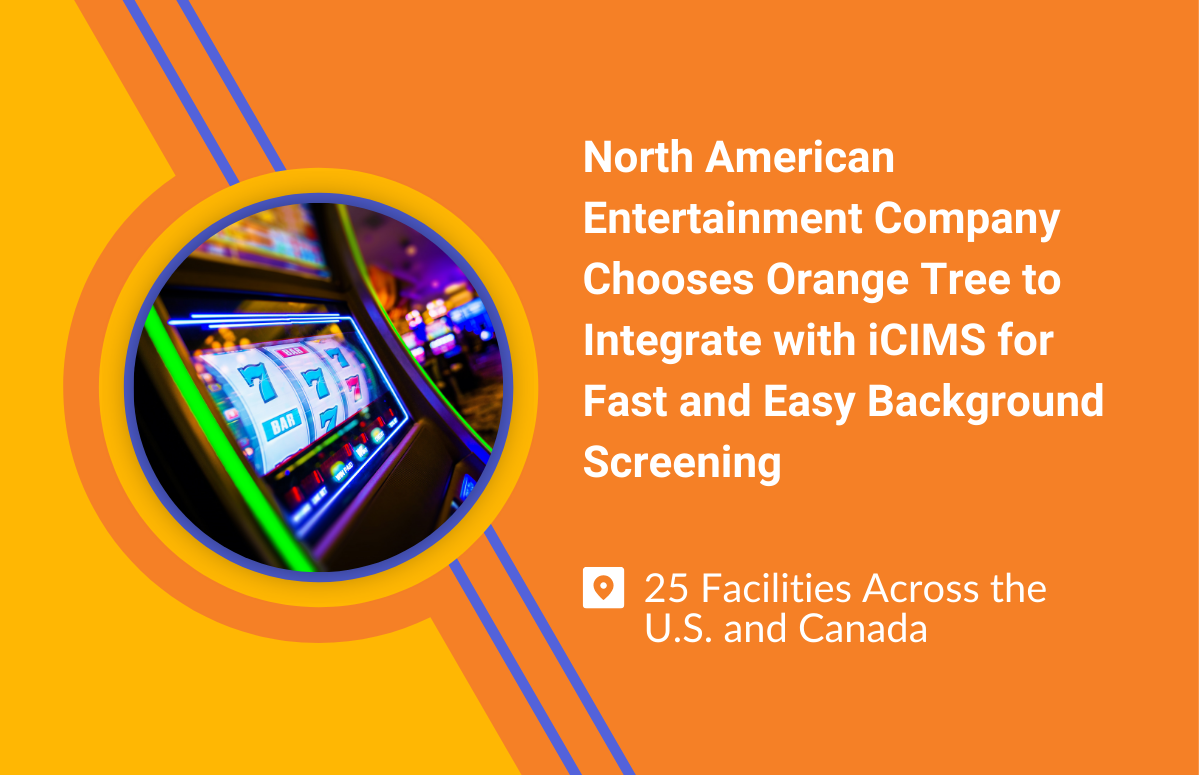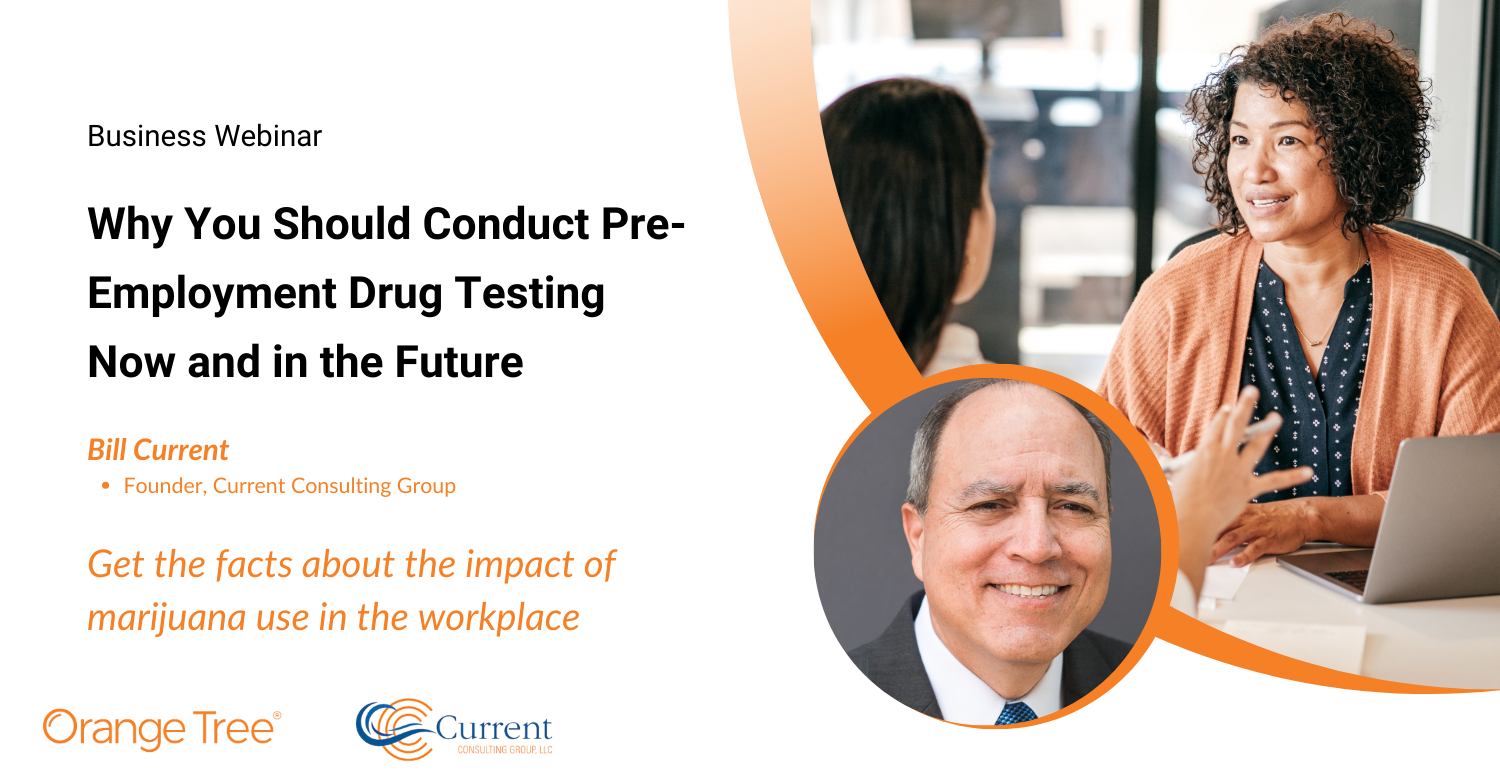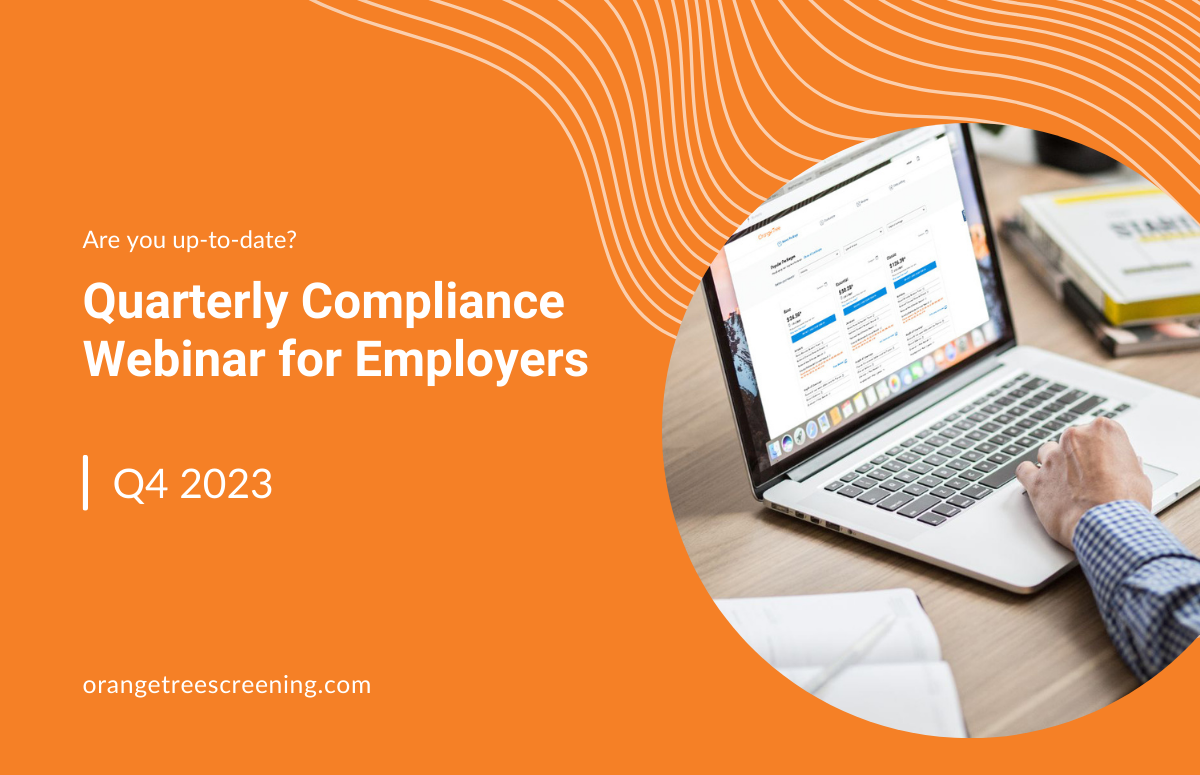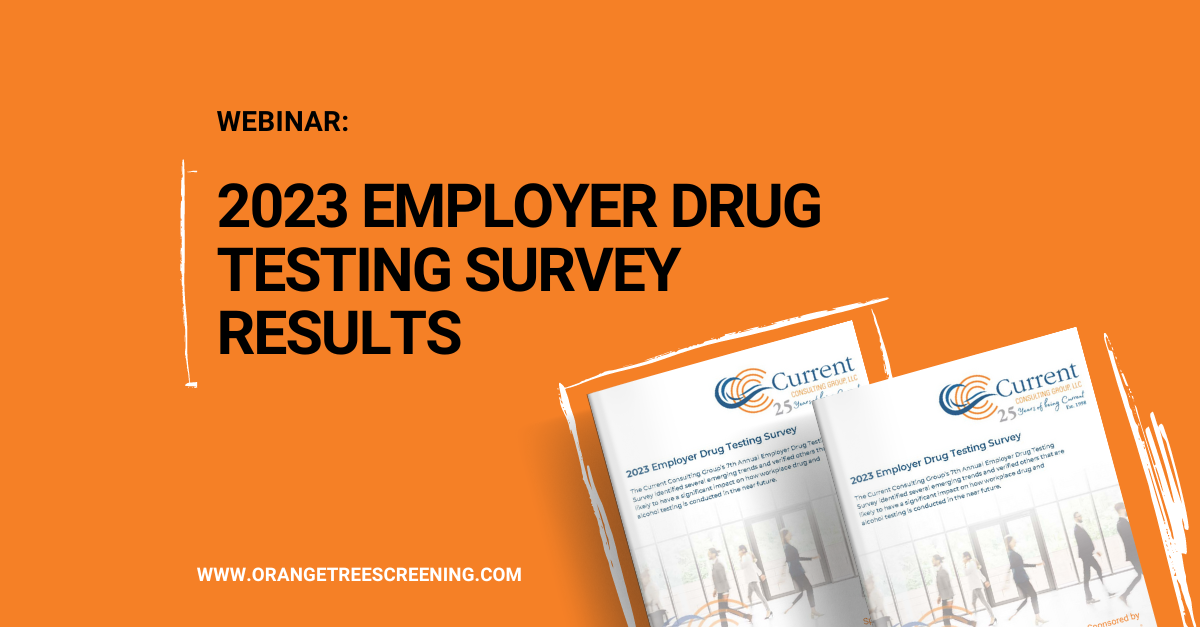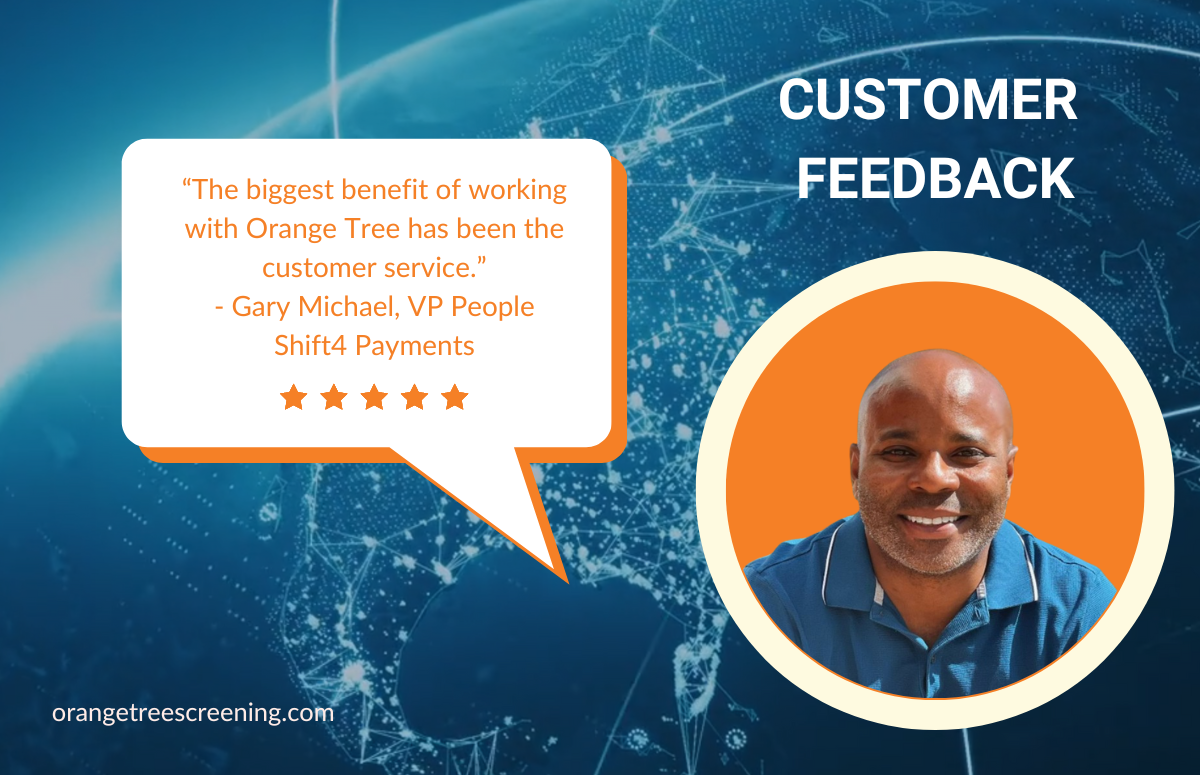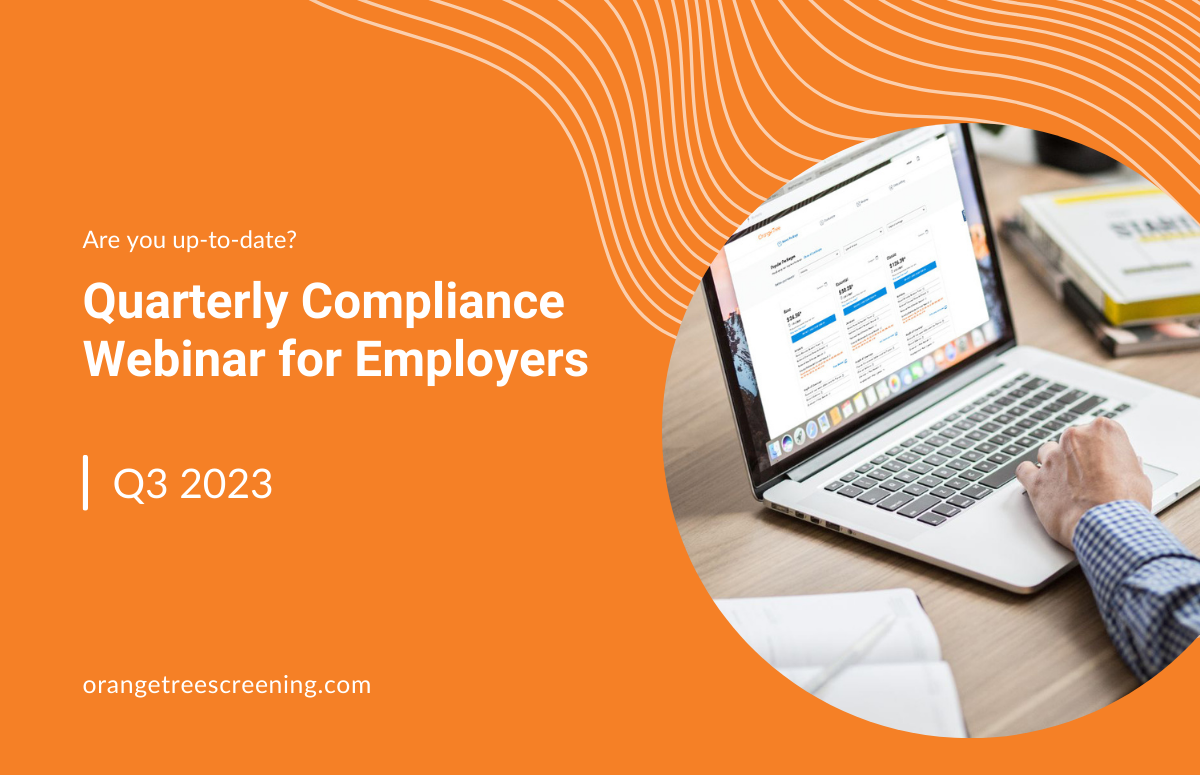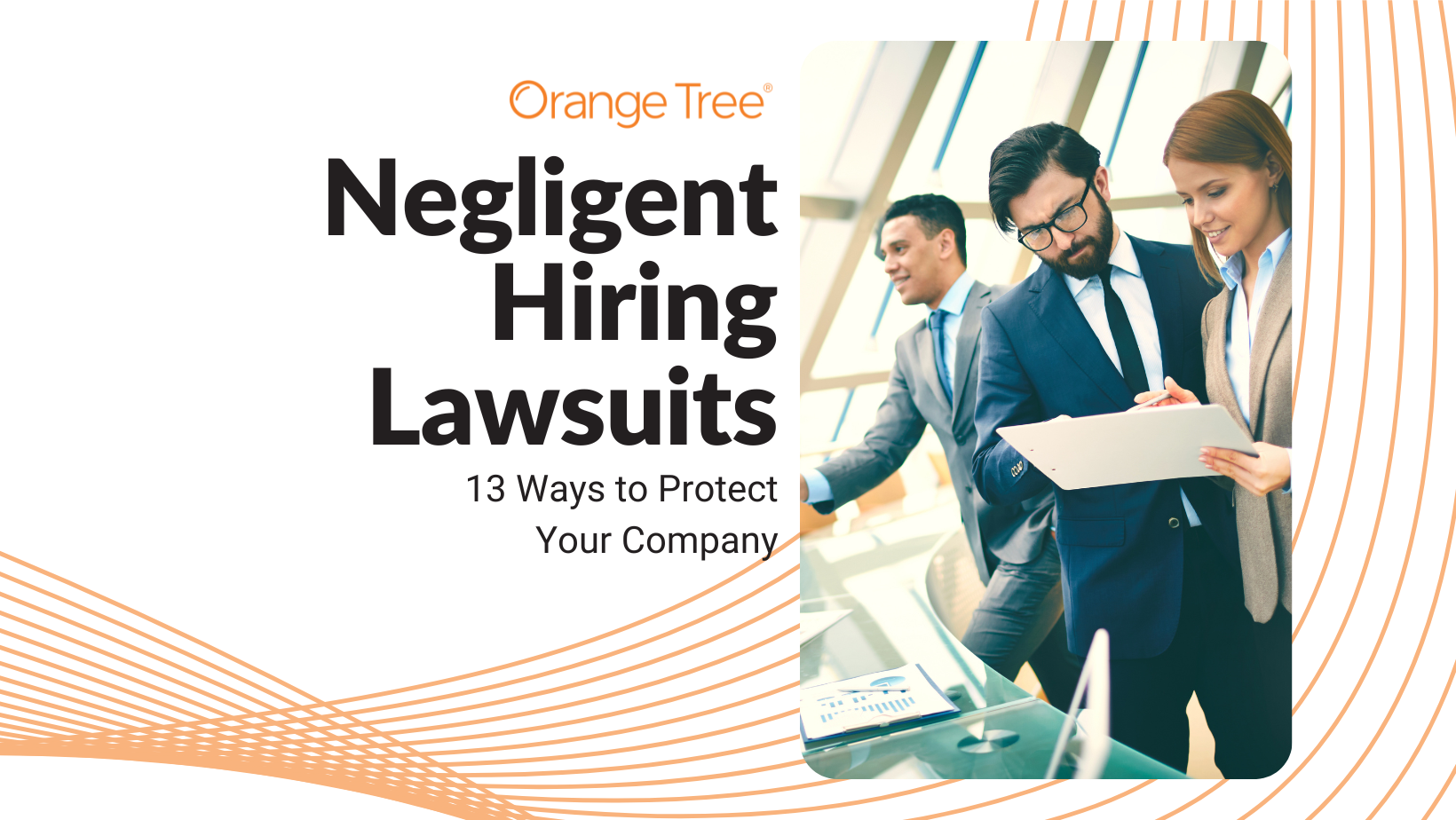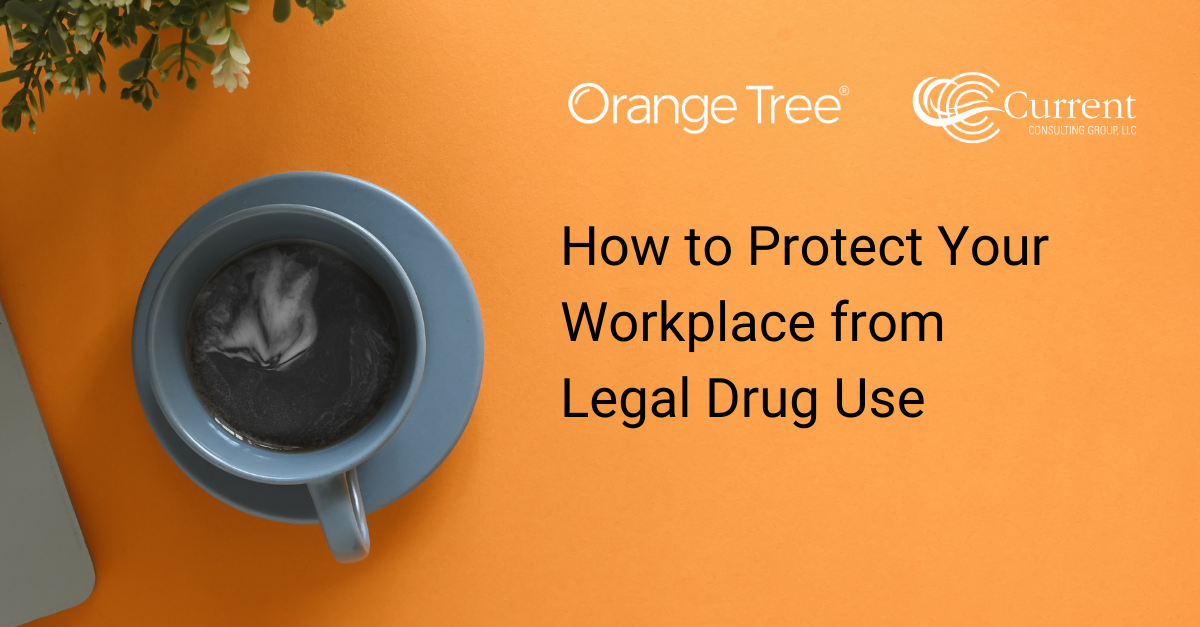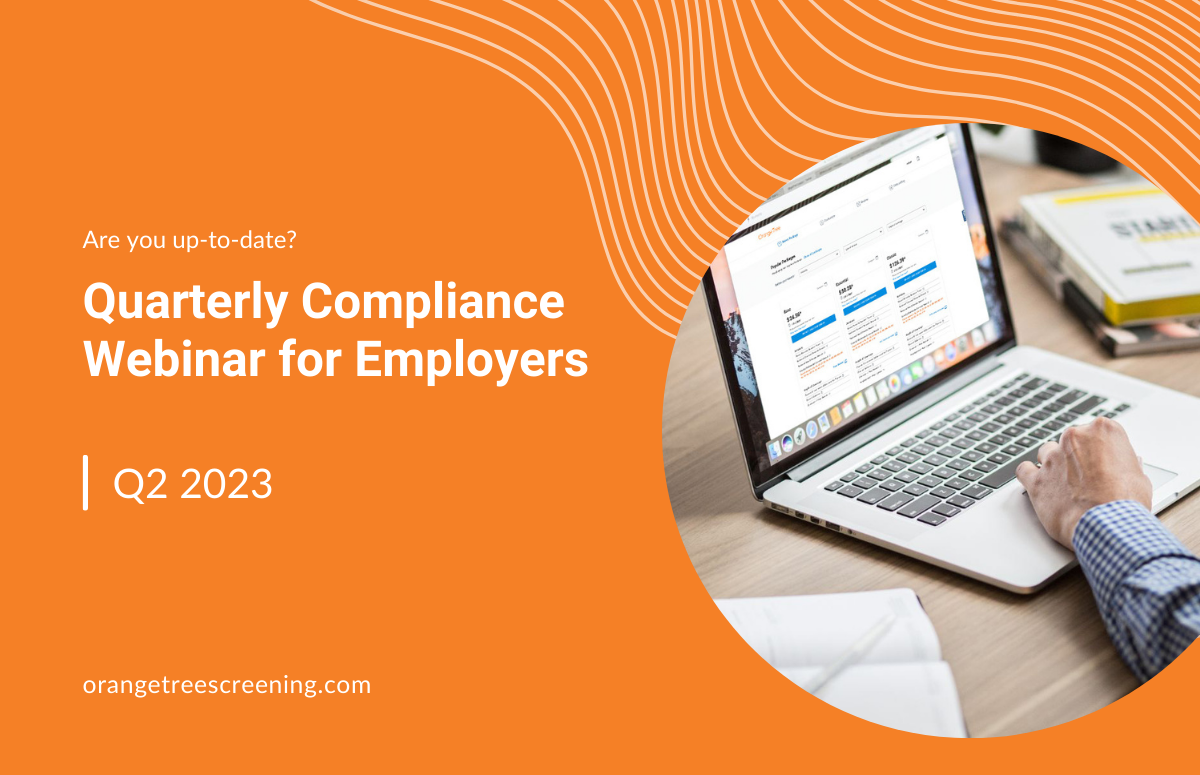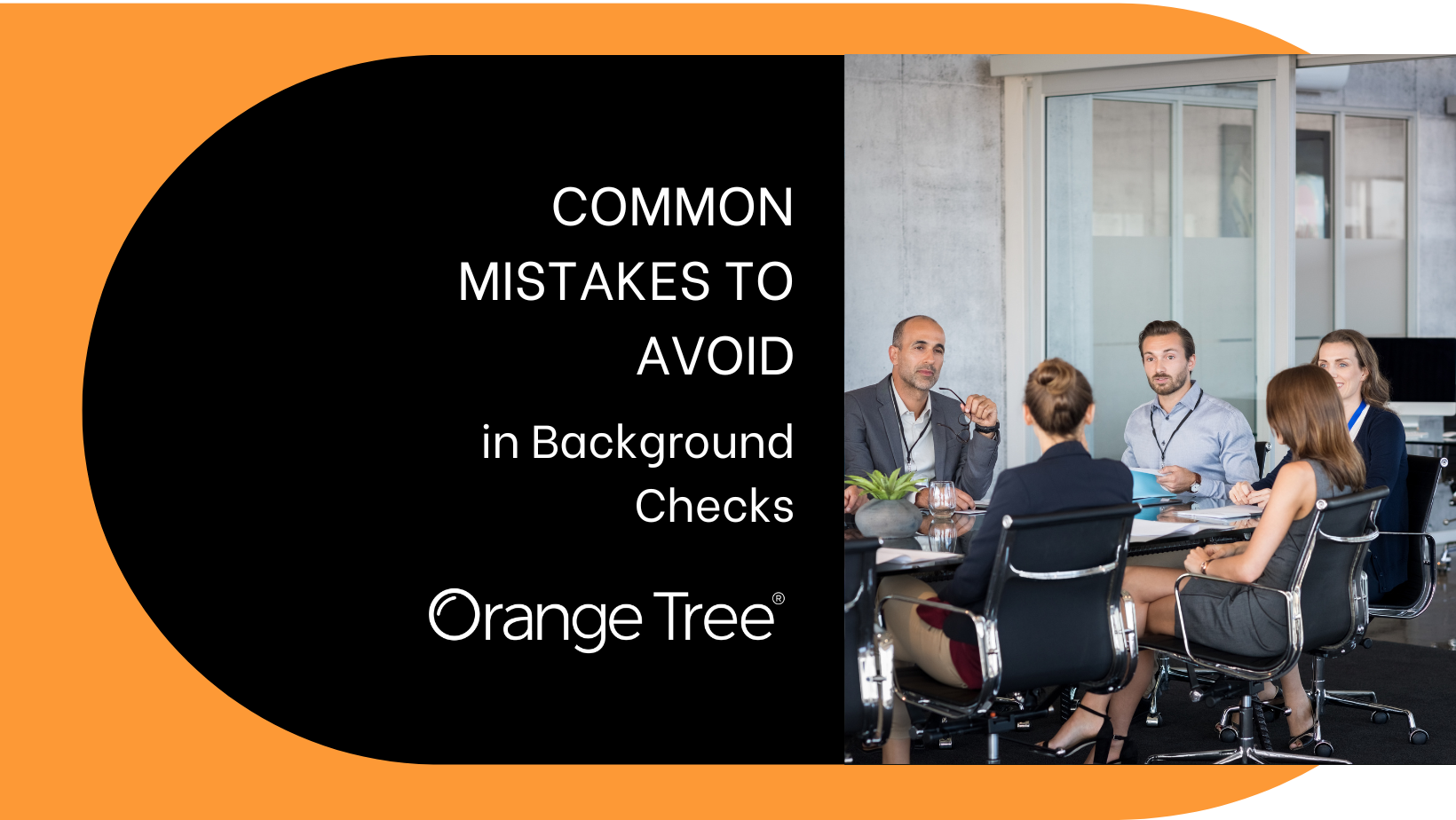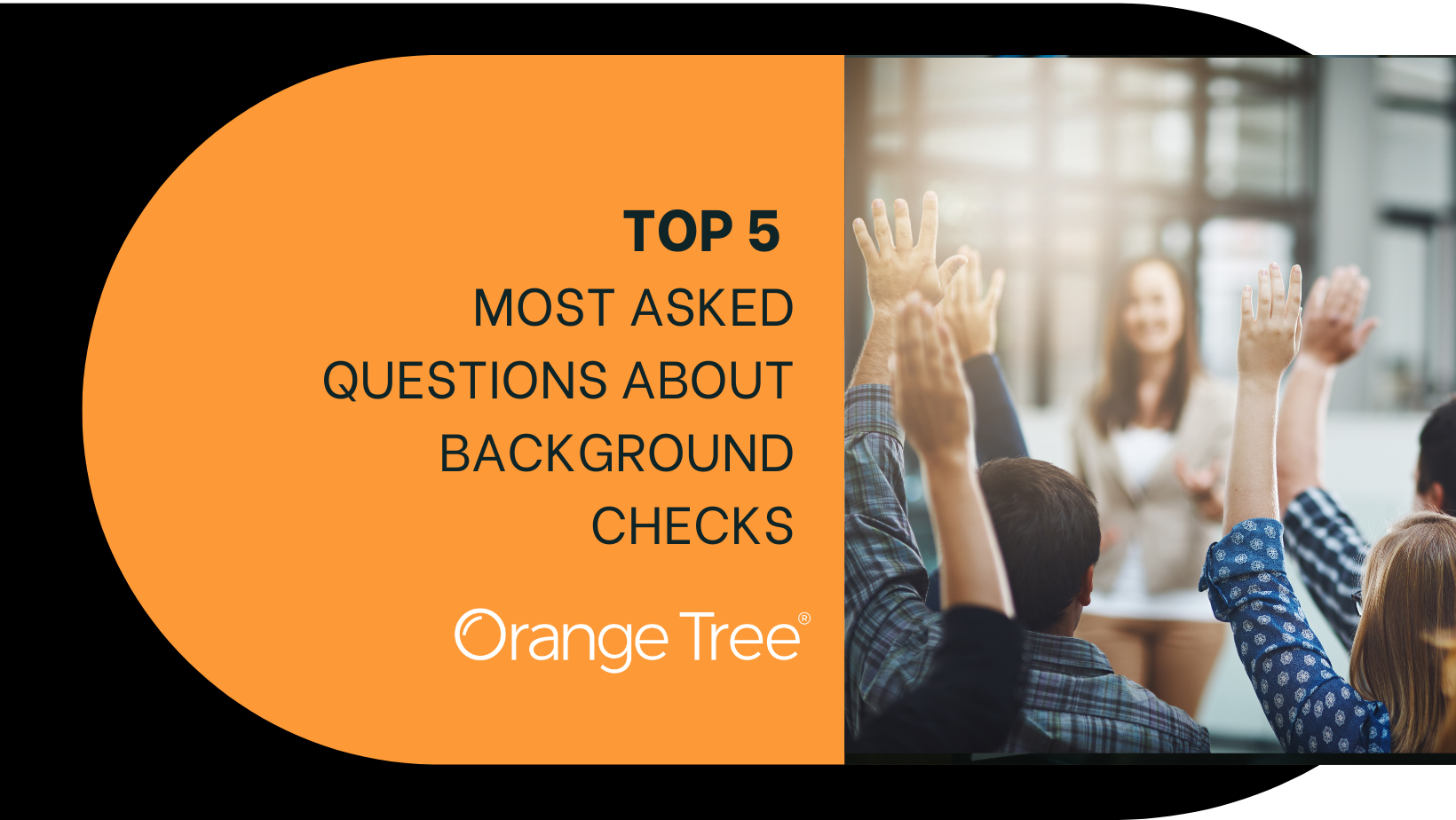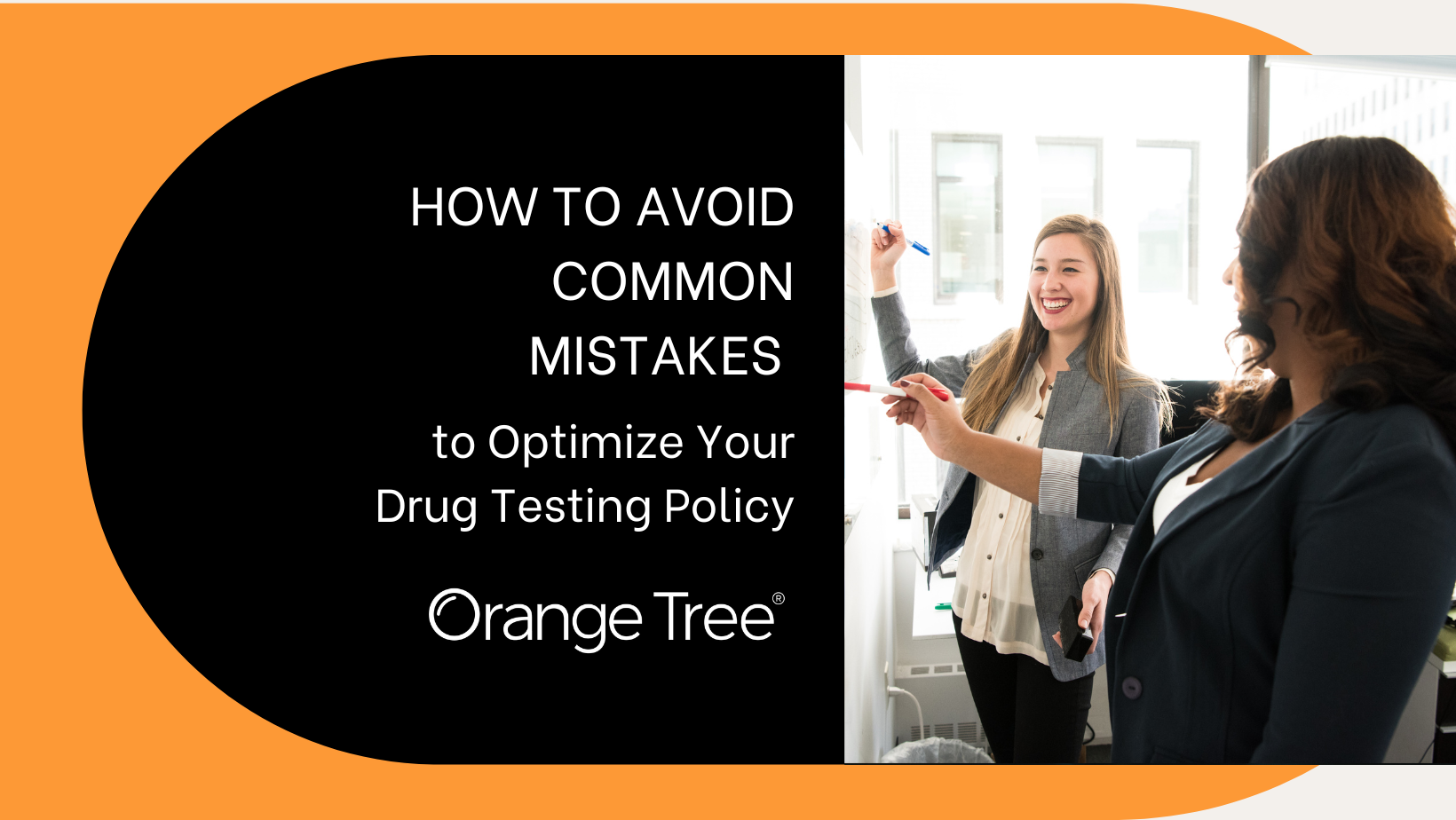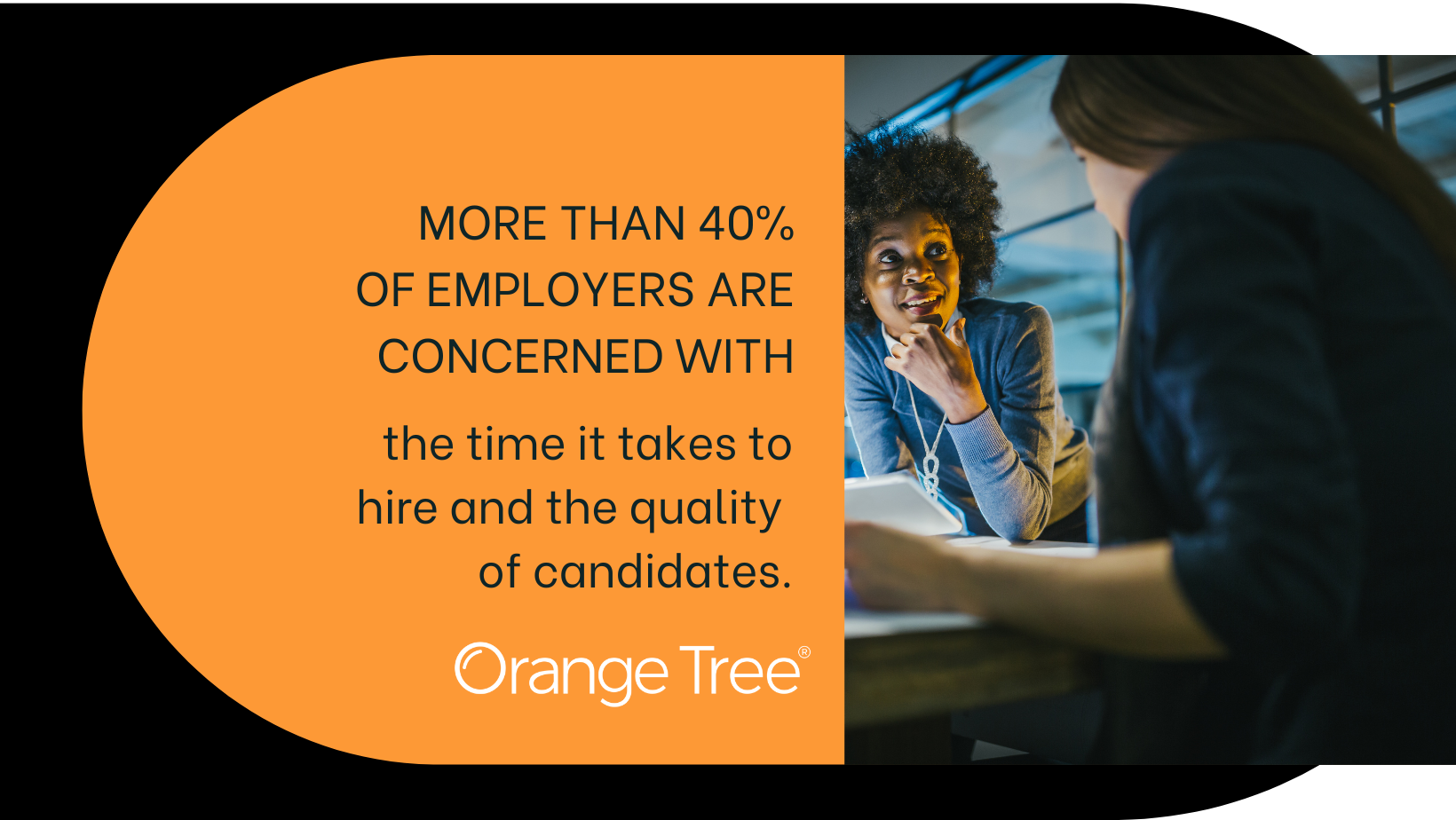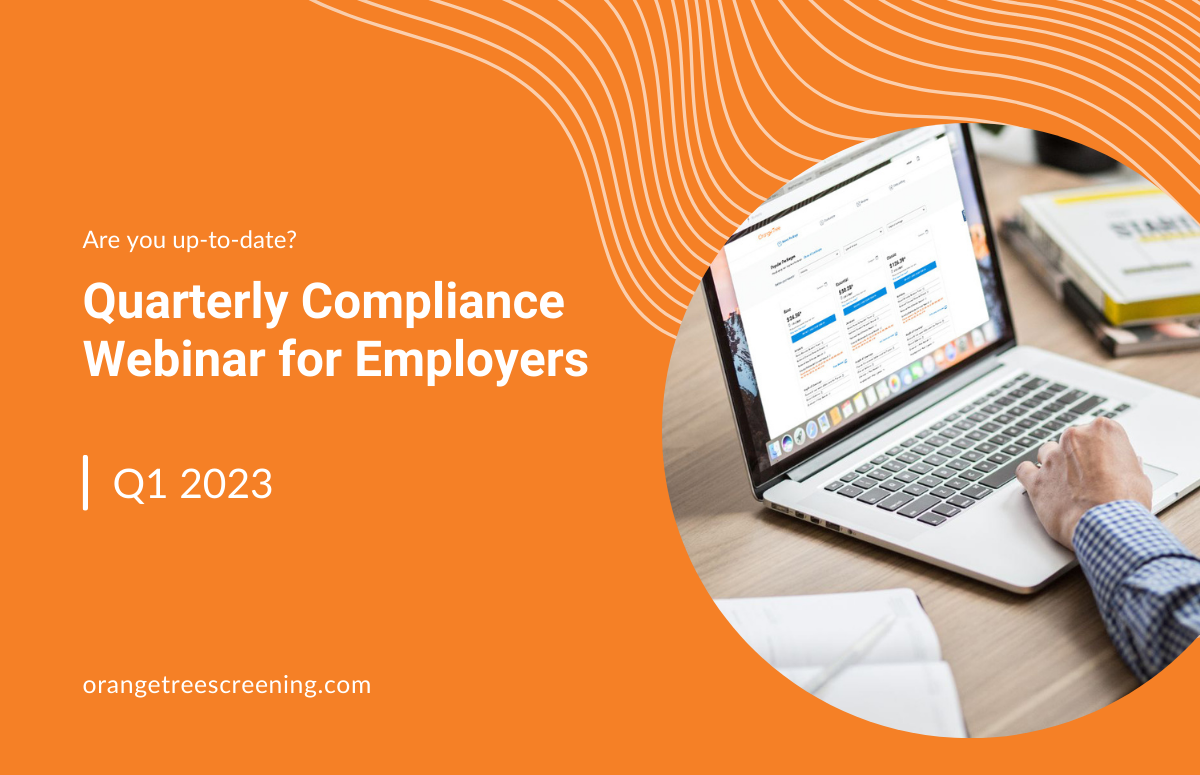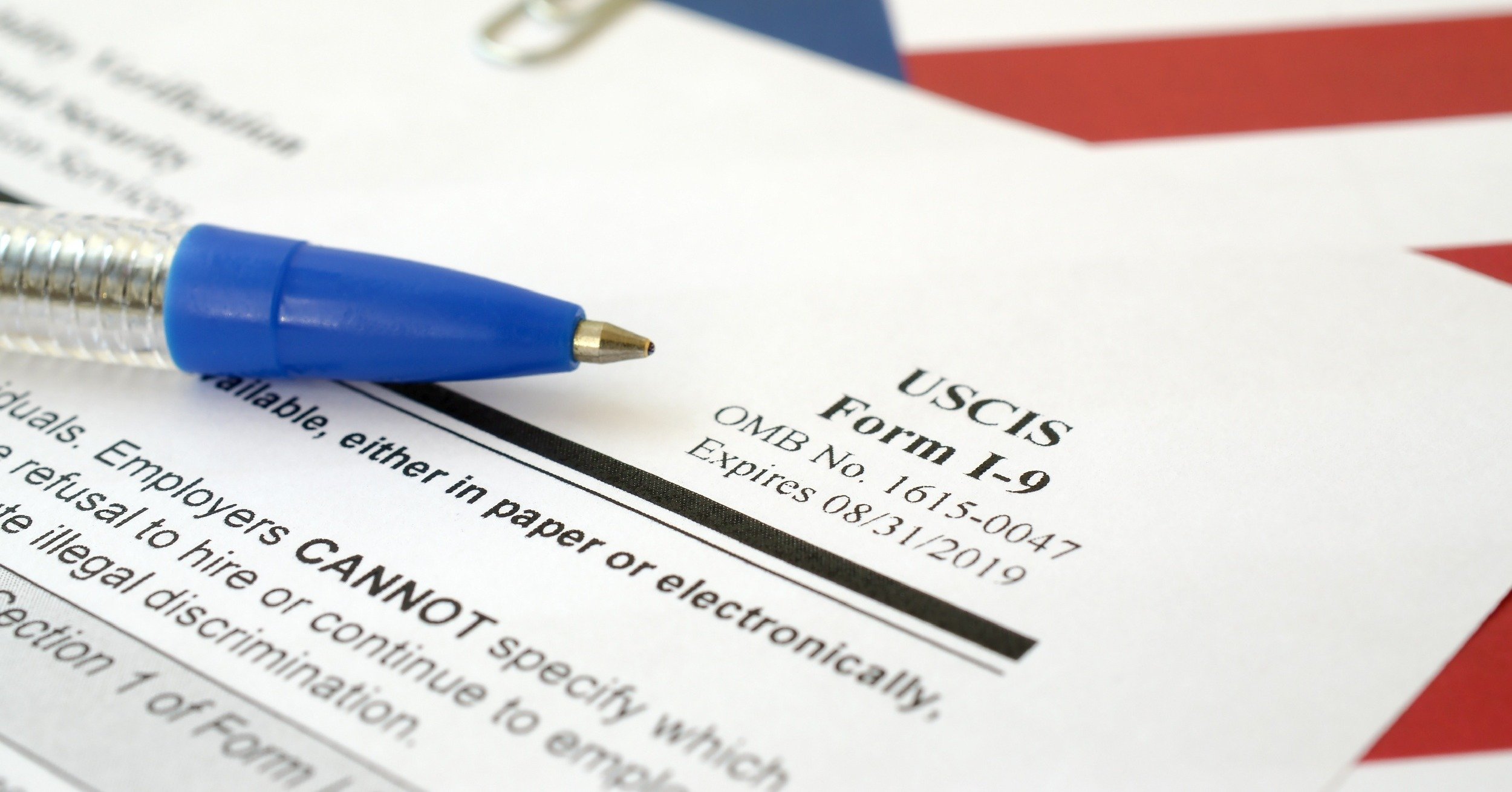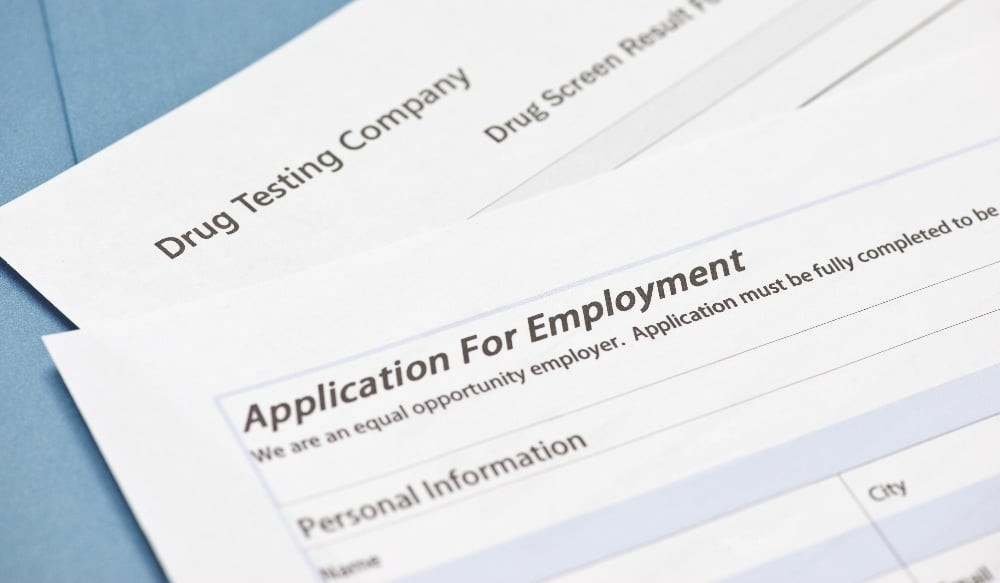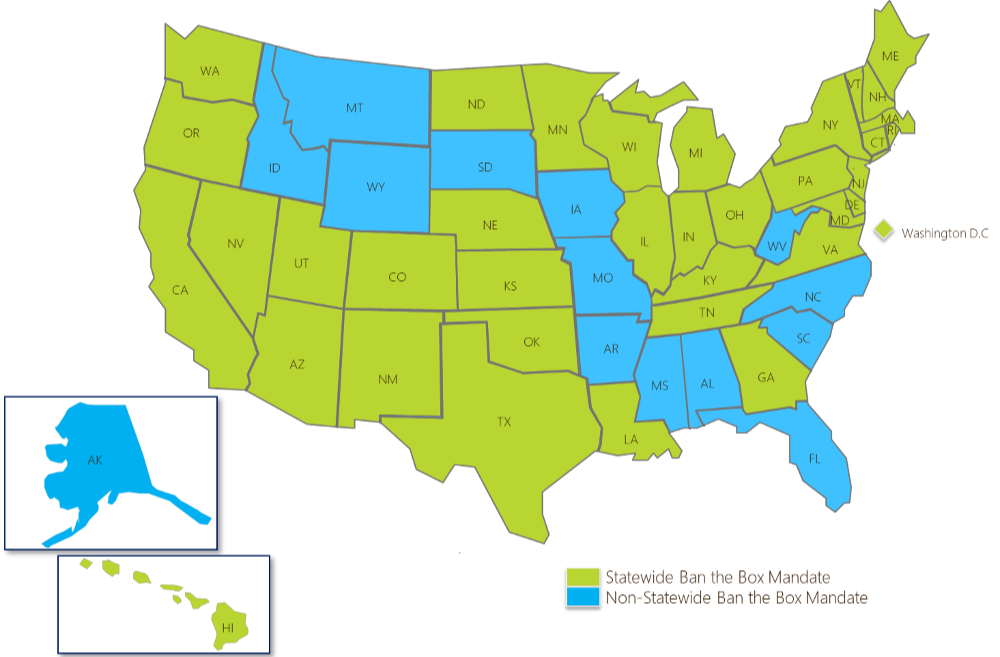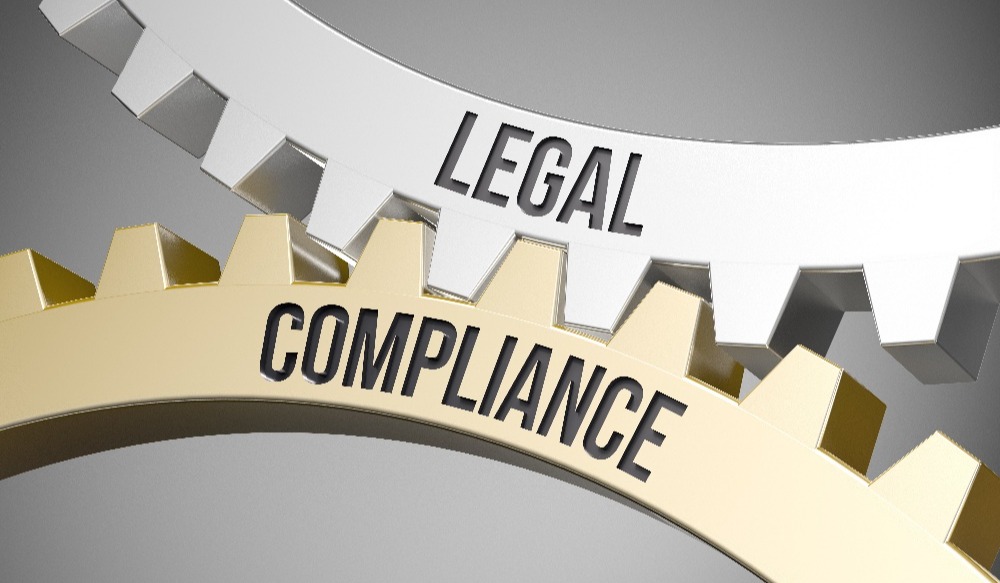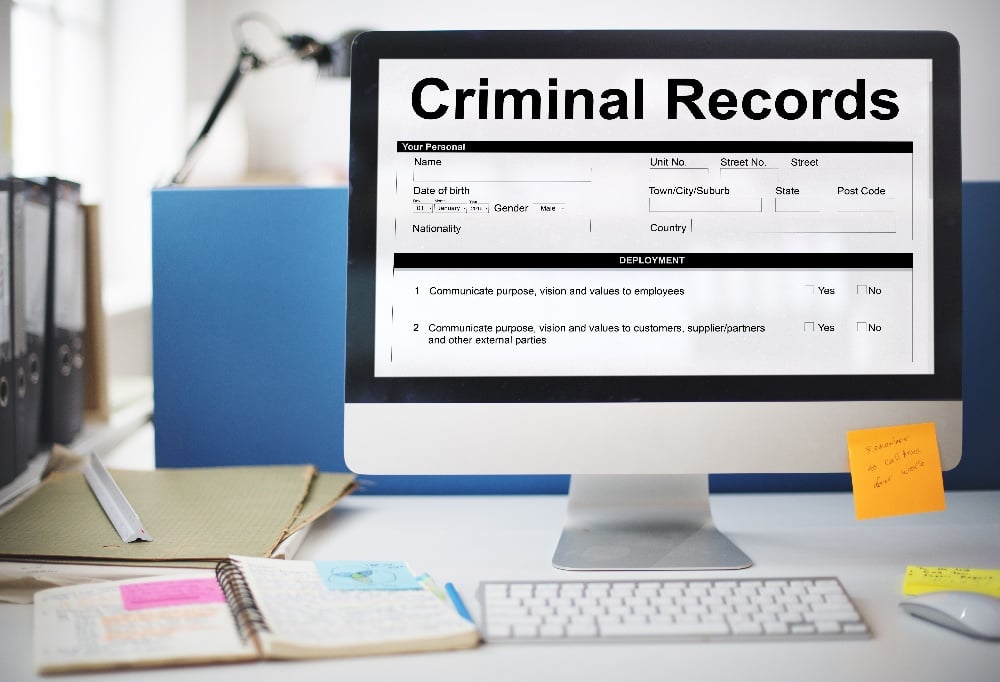Blog
4 min read
Jun 17 2024
Clean Slate Update: Best Practices for 2024
Clean Slate laws strive to give individuals with criminal records a fresh start by automatically...
Clean Slate laws strive to give individuals with criminal records a fresh start by automatically sealing certain eligible records. The intent behind them is to improve an applicant’s chances of gaining employment, housing, and other opportunities without the burden of their past impacting their future. The Clean Slate Initiative reports that since 2018, twelve states have passed Clean Slate regulations. These states include Pennsylvania, Utah, New Jersey, Michigan, Connecticut, Delaware, Virginia, Oklahoma, Colorado, California, Minnesota, and New York. Each state’s legislation varies in scope and specific provisions. Ready to work with a background screening provider who can help you navigate through Clean Slate and other laws that have an impact on background screening? Schedule time to Speak with Our Team and get started today. Clean Slate laws can be challenging for employers in the recruitment and hiring processes, including background screening. One of the primary concerns for employers regarding these laws is ensuring workplace safety without knowing much, if anything, about the applicant’s past criminal behavior. Additionally, at times, it is difficult to understand if the applicant is even suitable for the position at hand. For employers, it is a constant balancing act between the societal goal of offering second chances and ensuring workplace safety and suitability. Clean Slate Components for Employers to Understand While the specific requirements of Clean Slate laws vary by jurisdiction, they generally encompass several key components to further their goal of helping the reintegration of individuals with criminal records. And it’s important for employers to understand these various components, including: Automatic Expungement or Sealing: In many cases, certain low-level offenses, such as misdemeanors, are automatically expunged or sealed from an individual’s criminal record after a certain amount of time without any further offenses. Petition-Based Expungement: For higher-level or other offenses not eligible for automatic expungement, individuals can petition the court to have their records expunged or sealed. This typically requires demonstrating rehabilitation or meeting specific eligibility criteria, such as completing a rehabilitation program, maintaining a clean record for a certain period, or fulfilling other court-mandated conditions. Limited Disclosure: Once a record is expunged or sealed under Clean Slate laws, employers are often prohibited from considering these past offenses during the hiring process, even if they learn about them. Additionally, these records are generally inaccessible through standard background checks. Non-Discrimination Provisions: Many Clean Slate laws include clauses that prohibit employers from discriminating against applicants or employees based on their expunged or sealed criminal records. Employer Best Practices for Clean Slate Laws While the second quarter of 2024 has been relatively quiet in terms of states passing new Clean Slate laws, this is a good time to remind New York employers that the state’s Clean Slate Law will become effective later this year on November 16, 2024. As of that date, the conviction records of individuals convicted of certain state crimes will be sealed from public access once those individuals have completed their sentences and maintained law-abiding behavior for a specified period. Mid-year is also a good time to recap some best practices for employers regarding Clean Slate laws. Employers have had to, and continue to have to, review and adjust their background screening policies to ensure compliance with these laws, while maintaining effective risk management practices. These adjustments have led to some commonly used best practices that all employers may want to consider: Stay Informed and Educate Hiring Managers. This may seem intuitive, but keeping up to date with the Clean Slate laws in the jurisdictions where your organization operates is crucial for compliance efforts. Consult legal counsel or your background screening provider for guidance on how to interpret and implement these laws effectively into your policies. Train hiring managers and relevant personnel in the implications of Clean Slate laws and the importance of fair and equitable hiring practices. Emphasize both the legal obligations and the ethical considerations involved in using criminal background information during the hiring process. Revise Screening Criteria. Once you have knowledge about the Clean Slate laws that impact your organization and have trained others on it, it’s important to use what you learned. Use the information to review and update your background screening criteria to account for the limitations imposed by Clean Slate laws. Adjust your policies to exclude consideration of expunged or sealed offenses that are no longer relevant to job performance or that pose minimal risk. Add Other Searches to Background Screening. Consider a more comprehensive approach to background checks to fill in the gaps and onboard the best-suited applicants while safeguarding the company’s interests. You may want to consider adding Social Media Checks, News and Publications, Employment Verifications, and Professional References to gain a more complete understanding of the applicants who want to come work for you. Verifications, in particular, help ensure the accuracy of information provided on resumes or job applications and reduce the likelihood of hiring applicants who are dishonest. Implement a Separate Compliance Policy. Implement strong compliance procedures to help ensure adherence to Clean Slate laws and other relevant regulations governing background screening and employment practices. Document all steps taken to demonstrate good faith efforts toward compliance, which can help protect the organization in the event of audits or legal challenges. Partner with a Reputable Background Screener. Work with experienced, PBSA-accredited background screening vendors who understand the intricacies of Clean Slate laws. These vendors should be capable of updating their systems and procedures to ensure that expunged or sealed offenses are not improperly disclosed during the background check process. Additionally, they can offer guidance on managing the complexities of these laws and help employers make informed hiring decisions while staying compliant. By using these five best practices, employers can minimize their risk of noncompliance with relevant Clean Slate laws and maximize their background screening process. How Orange Tree Can Help Orange Tree is an expert in background screening services, including Social Media Searches, Employment Verifications, and Education Verifications, all of which can be tailored to the unique needs of each employer. Not only do we know what we can search for, and report on, but we serve as an extra layer of protection between the employer and the applicant. Schedule time to Speak with Our Team to learn more and to assist you in
Learn More














